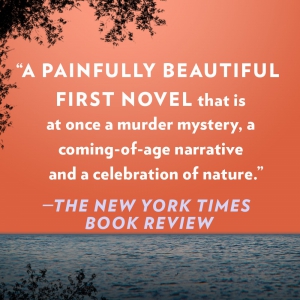Each year, UGA’s 40 Under 40 program recognizes 40 young alumni who are leaders and change-makers. We spoke with one of this year’s 40 Under 40 honorees, ABC News Correspondent Will Carr (ABJ ’06), to get a look into the high-speed life of a national broadcast journalist.
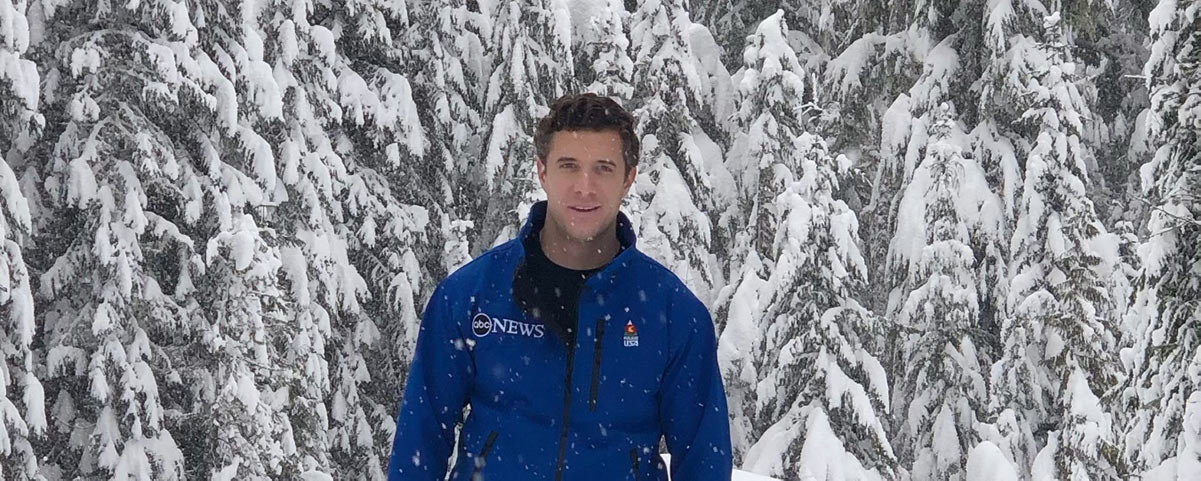 What has been your career path since graduating from UGA?
What has been your career path since graduating from UGA?
I was in Grady’s Newsource 15, and through that program landed my first on-air job in Chattanooga, Tennessee. I was there for about 2.5 years, and then secured a job in Albuquerque, New Mexico. I broke a couple stories at the border, and amazingly, ABC reached out to me. At the same time, FOX News reached out to me as well. In 2012 or 2013, FOX offered me a job as a national correspondent, where I could travel to cover big news stories, so I joined FOX News in their Los Angeles bureau for five years.
At that time, ABC came back on me and said, “we’ve been following your career, we love what you’ve been doing, we’d like to fly you to New York.” Since that’s the place that I’ve always wanted to work, it was like a dream come true. It didn’t happen exactly right when I wanted it to, but ultimately things played out the way they needed to. FOX gave me a lot of experience with national stories that helped me hit the ground running when I got the job at ABC.
When did you realize you wanted to go into news?
During my freshman year at Georgia, I walked on the football team. This was not a big deal because I was basically a tackling dummy. When I realized that my football career had fizzled out, I decided to go into the broadcasting program. I wanted to be an athlete, but I felt like if I can’t keep playing, then I’d like to at least cover sports.
Newsource 15 forced us to rotate in the position every day. Through that experience, I fell in love with hard news, not even meaning to. From there, sports became sort of entertainment for me and I pursued hard news as my passion professionally.
When asked about your “typical day,” how do you respond?
My day is the antithesis of a nine-to-five. I have four cell phones: my personal phone, two work phones with two different providers in case I don’t have service for one. I also have a satellite phone that I carry with me at all times. Basically, I’m on call 24/7, even if I’m on vacation.
It’s just the nature of the job. Sometimes you cancel vacations, you work weekends, you work holidays. When the news calls, you go. But there is downtime where you can chill at home, catch up on errands, exercise or knock out anything you need to do when you’re not physically in the city you live. It’s not boring!
What is the most important story you’ve ever covered?
I’ve covered so many, I don’t know that I can name the “most important.” A recent story that jumps out was last year, one one of the more crazy days of my career. I got woken up at 1 a.m. in Los Angeles, and was told, “There’s been a mass shooting at Thousand Oaks,” which is a Los Angeles suburb. We went to the shooting location and worked for eight hours, and then I was called and told, “A massive fire has broken out up north in California.”
So we jumped on a plane and flew to Sacramento, and then drove two hours to Paradise, California. When we arrived, the entire town was burning. It was the most swift-moving wildfire I’d ever seen, and we saw neighborhood after neighborhood just burn to the ground while we were there.
We ended up staying in Paradise for a week and a half. It is probably the worst devastation I’ve ever seen; the entire city was wiped off the map. It was really something to see and experience.
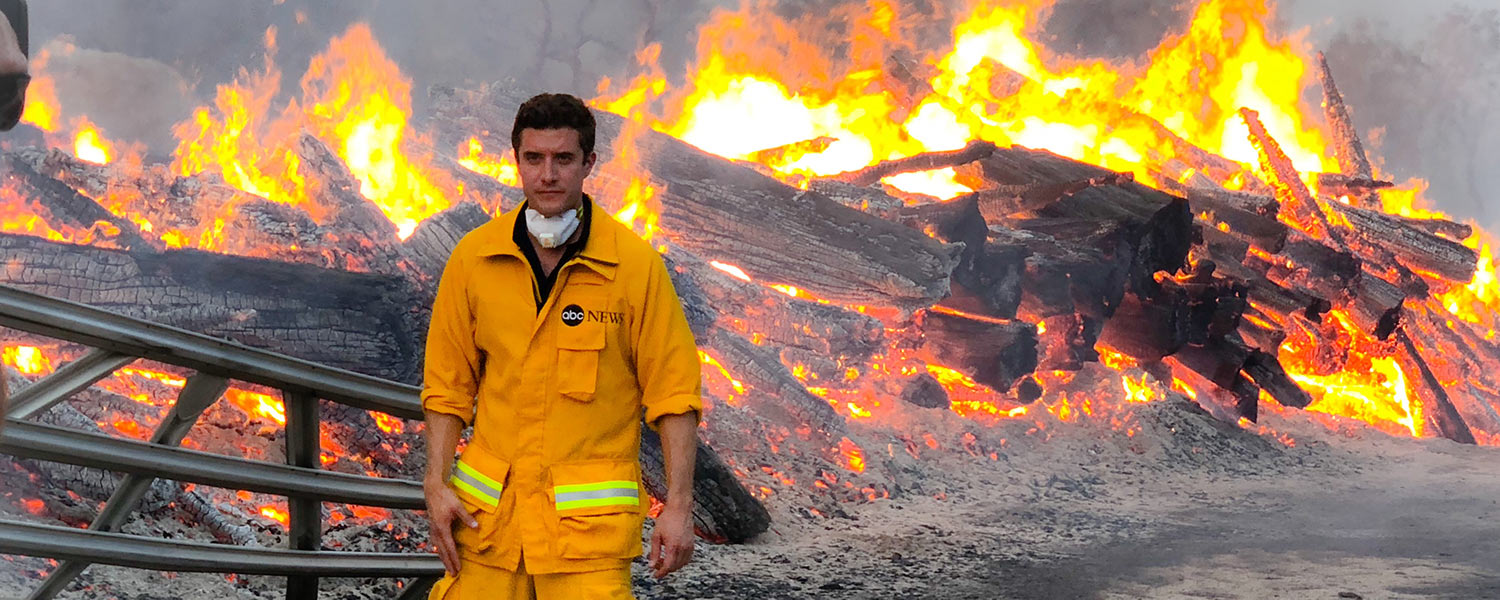 How do you stay prepared to travel and break a story?
How do you stay prepared to travel and break a story?
I have three or four bags packed at all times. I have a large bag that would be checked if I’m covering an international-type story that would keep me on the road for a week or two. You want to take as much as possible since you don’t know exactly what you’re getting into on the ground or what you’ll be up against.
Other than that, I have a carry-on bag that I keep ready at all times, and also a wildfire bag. That bag contains the gear that you would see firefighters wearing, since basically we are in the fire just like the firefighters. I actually train with them so that we can do our job safely. I have a bag full of miscellaneous items that I can just sort of pick and choose from depending on the situation I’m going into.
I have three younger sisters, all of whom went to UGA. When I pick them up from the airport, I can never put their bags in my trunk because it’s always full. They’re always frustrated by that, but I think they understand the gig.
What advice would you give to students who are interested in becoming a news correspondent?
It’s really important to make sure you feel like the news is in your DNA. Of the people that I stay in touch with, a lot have ended up changing professions and/or going into public relations. A lot of people wanted to go into news, but then they realized the grind of it.
I also feel like a lot of people have a passion for the news, but are talked out of going into it because they’re told “you’re not gonna make any money, you’re gonna have to work holidays, weekends, you’re not gonna have a life.” I don’t really feel like that’s fair. People just need to have their eyes wide open about what they’re getting into and ensure that it’s something they’re really passionate about. Because trust me: you don’t want to work weekends, holidays and 20-hour shifts in the worst elements if you don’t really love what you’re doing.
What were you involved in as a student at UGA?
I think a lot of kids in college have an idea of what they want to do because they’ve been pointed in a certain direction or learned something about themselves along the way that they wanted to do. I needed a major. I knew I needed to do something, and getting into Newsource ignited that passion. That program and the professors I had equipped me with the tools to enter this profession and hit the ground running.
Coming out of Newsource, I felt like I had a jet-pack propulsion device on my back that helped me take off from the beginning It gave me so many amazing tools. We were doing newscasts across Athens, so transitioning into local news wasn’t difficult.
Which UGA professors influenced you most?
Michael Castengera and Steve Smith, who taught Newsource 15, were like a ying and yang. I felt like they were family, and I’ve stayed in touch with them. They not only had an impact on me while I was at Georgia; they had an impact on me throughout my career. I find it to be rare to stay in touch with two of your college professors so intimately, and I think that’s the beauty of the program at UGA.
They’ve retired, but the journalism school is run by some top-notch people. Dean Davis is amazing, Parker Middleton in great, Dodie Cantrell does a great job. So I know that even though my mentors have retired, the journalism school is in very good hands.
What is the most important experience you had as a UGA student?
It was my first day of Newsource, and as I mentioned, I really wanted to cover sports. I talked Castengera into letting me be the sports anchor. Apparently one of the reporters didn’t show up or called in sick, and he said “Well, you know, you can’t do sports. You have to be a reporter.” There was a story about a student living in a house with guys who had overdosed on heroin. One of the professors said, “we want you to go down to the zoning director for the city and ask him how often they enforce the single family housing ordinance where you have to be related to live in a house.”
We sat outside his office for an hour or two, and finally he came out. We went into his office and I pulled out my notepad. I asked the first question. The zoning director had three note cards on his desk. He looked at the first note card and read verbatim off that note card. It had absolutely nothing to do with what I asked him.
I clerked for my dad, who was an attorney, and so I was in trials a lot. I saw my dad react to people when he felt they were not being truthful on the stand, and I felt a similar feeling in this moment. When I asked him the second question, he went to the second note card and the same thing: nothing to do with what I asked him. I had no idea what I was doing except I felt like this guy was lying to me. I couldn’t figure out why, so I said something to the effect of, “are you going to keep reading off these note cards or are you gonna actually answer any questions?”
He jumped out of his seat, grabbed me by the collar, and dragged me out of the room. He said, “this is over,” and slammed the door. So we went to the professor and I said, “Sorry, I still can’t do the story, I didn’t get any information from him.” My professor said, “No, this is the story.”
We ended up reporting what happened, and the local paper ended up doing an expose on the zoning director. A week or two later, one of the reporters for the newspaper said, “Hey, we saw your story. We’re digging into this guy and he hasn’t been enforcing a lot of things he’s supposed to have been enforcing. Really great job of digging that up.” That was the moment for me where sports became more fun and entertainment, and I fell in love with hard news.
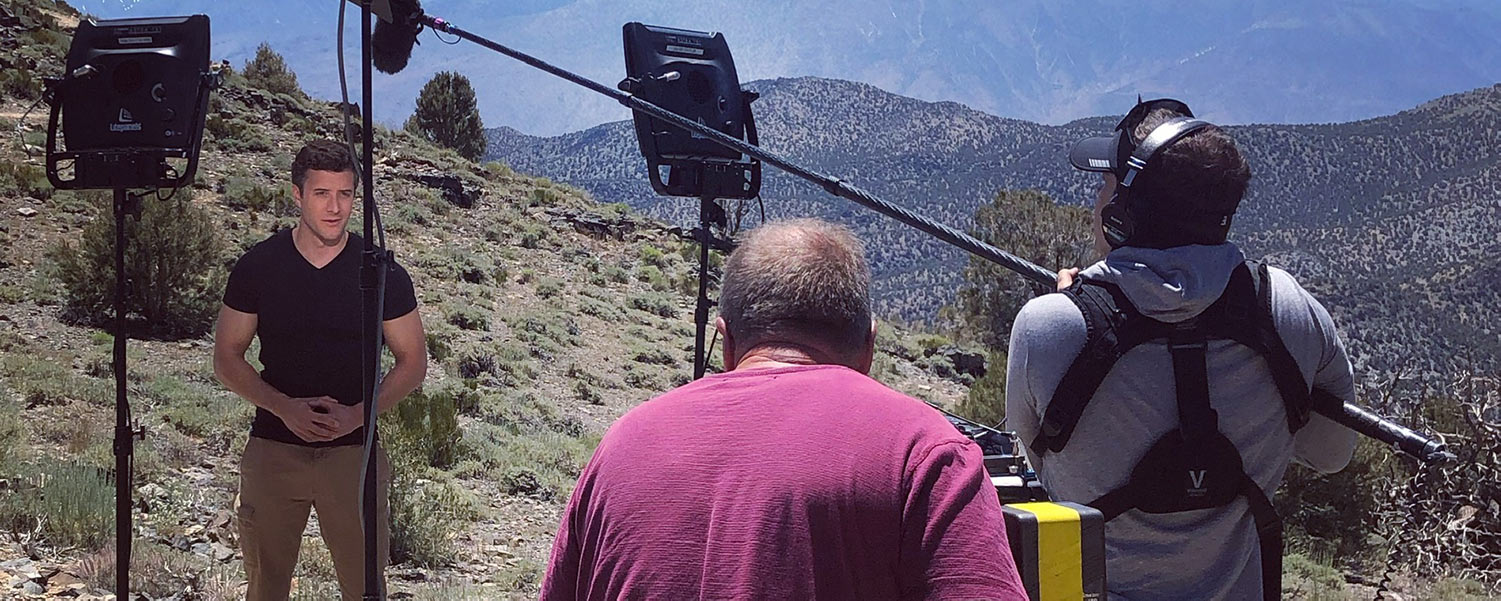 Do you have any other favorite UGA memories?
Do you have any other favorite UGA memories?
I always think about the memories with my close friends, some of whom were in the journalism school, some who weren’t. I’ve stayed in close contact with a lot of them over the years. In college, there were four of us who watched the HBO show called “Entourage,” and we felt like we were our own entourage.
It’s been amazing over the years to see what they’ve done, and several now have families and kids. It’s really cool to have developed strong friendships with people and feel like they were fortified over the years coming out of Georgia. They really have developed into lifelong friendships.
Finish this statement. I am most proud to be a Bulldawg when ______.
I’m the most proud to be a Bulldog when I see other Bulldogs succeed.
Throughout the years, I’ve had members of the UGA community reach out to me, especially within journalism, and I try to help as much as possible. When you see people from Georgia do well professionally and personally, I love that. I get excited about Georgia because it had such an impact on me. I know it’s had a similar impact on others.
It’s ironic actually: I’m sitting on a patio in Wyoming and there’s a house two doors down with a Bulldog flag outside. I haven’t seen the homeowners yet, but I’m waiting for them to come out so I can give them a big “Go Dawgs.” When you move further and further away, you don’t run into people who went to Georgia very often. So it’s a special moment, like a nice bond. You see each other and want to hug.
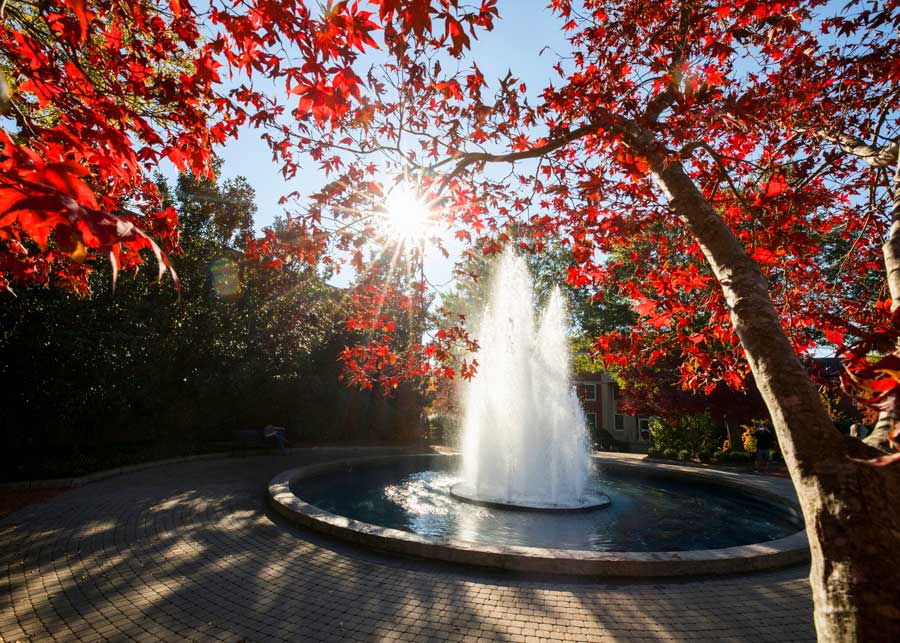
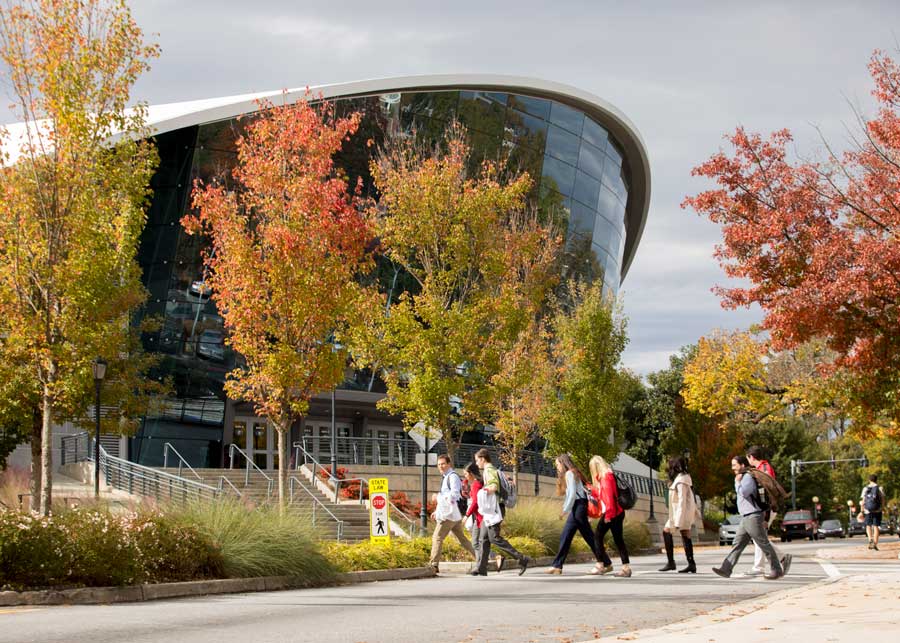
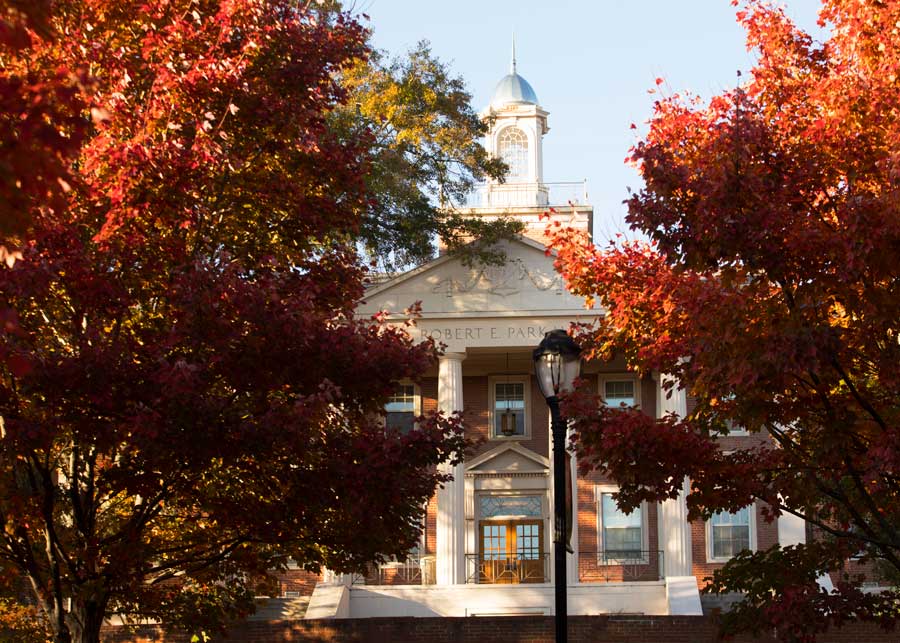

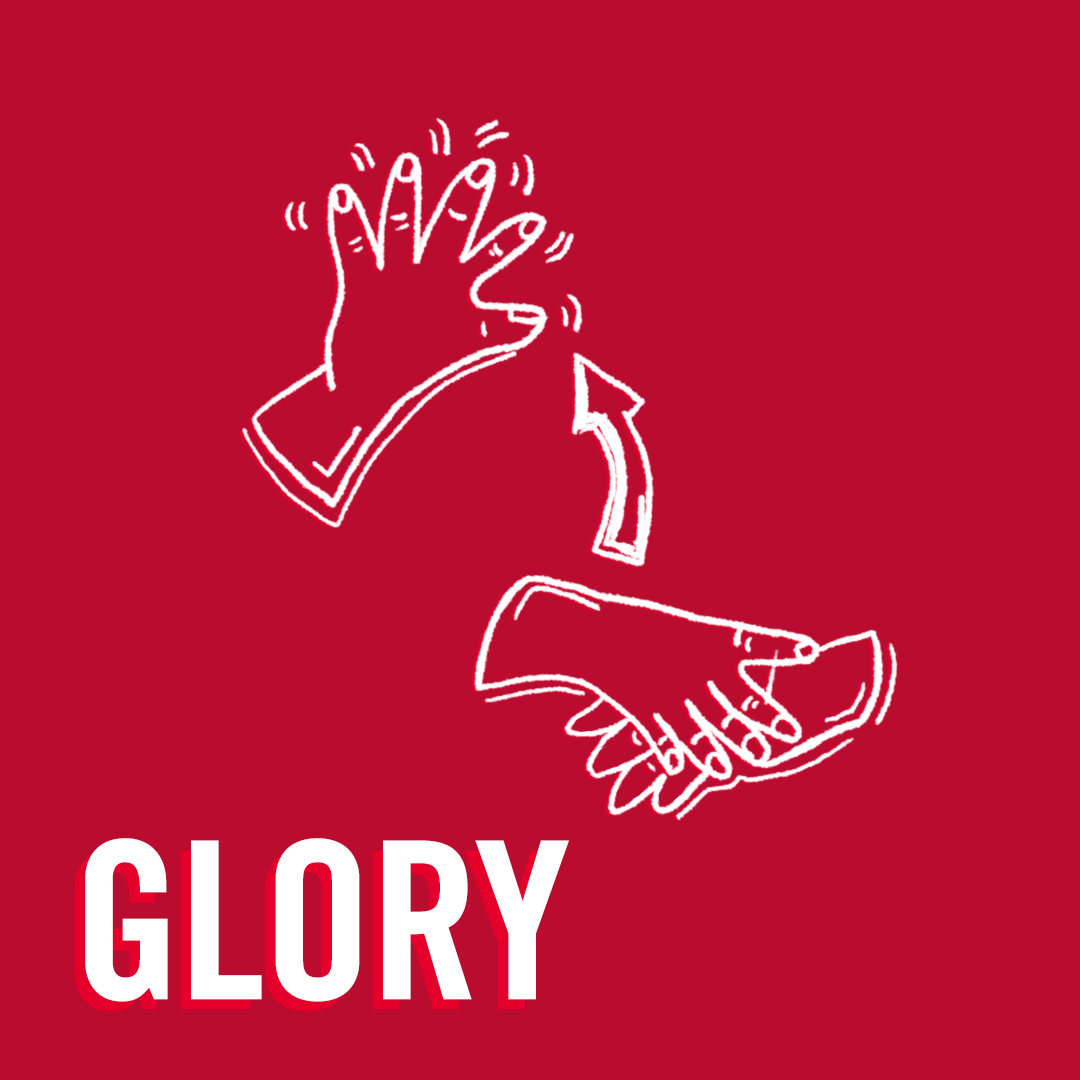
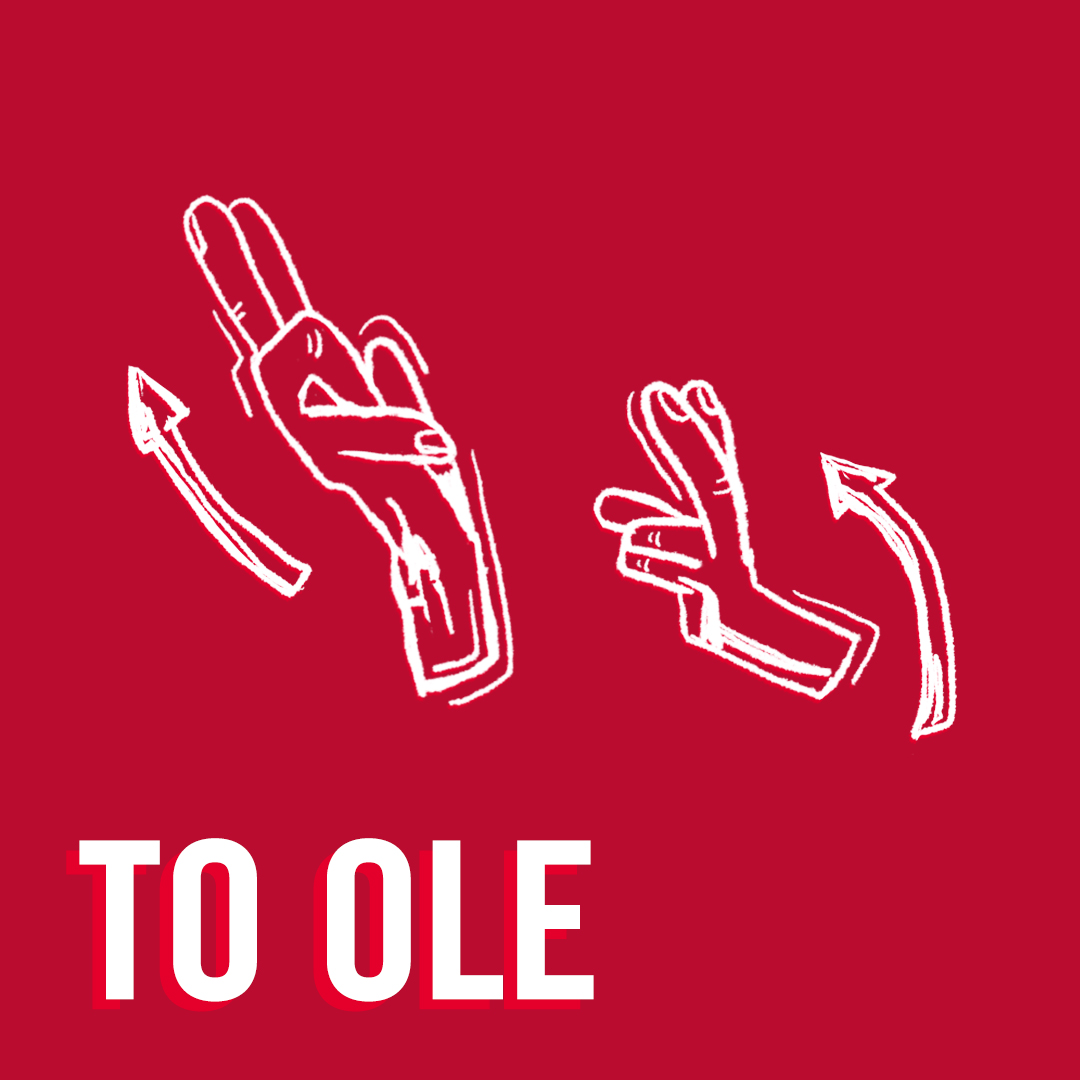
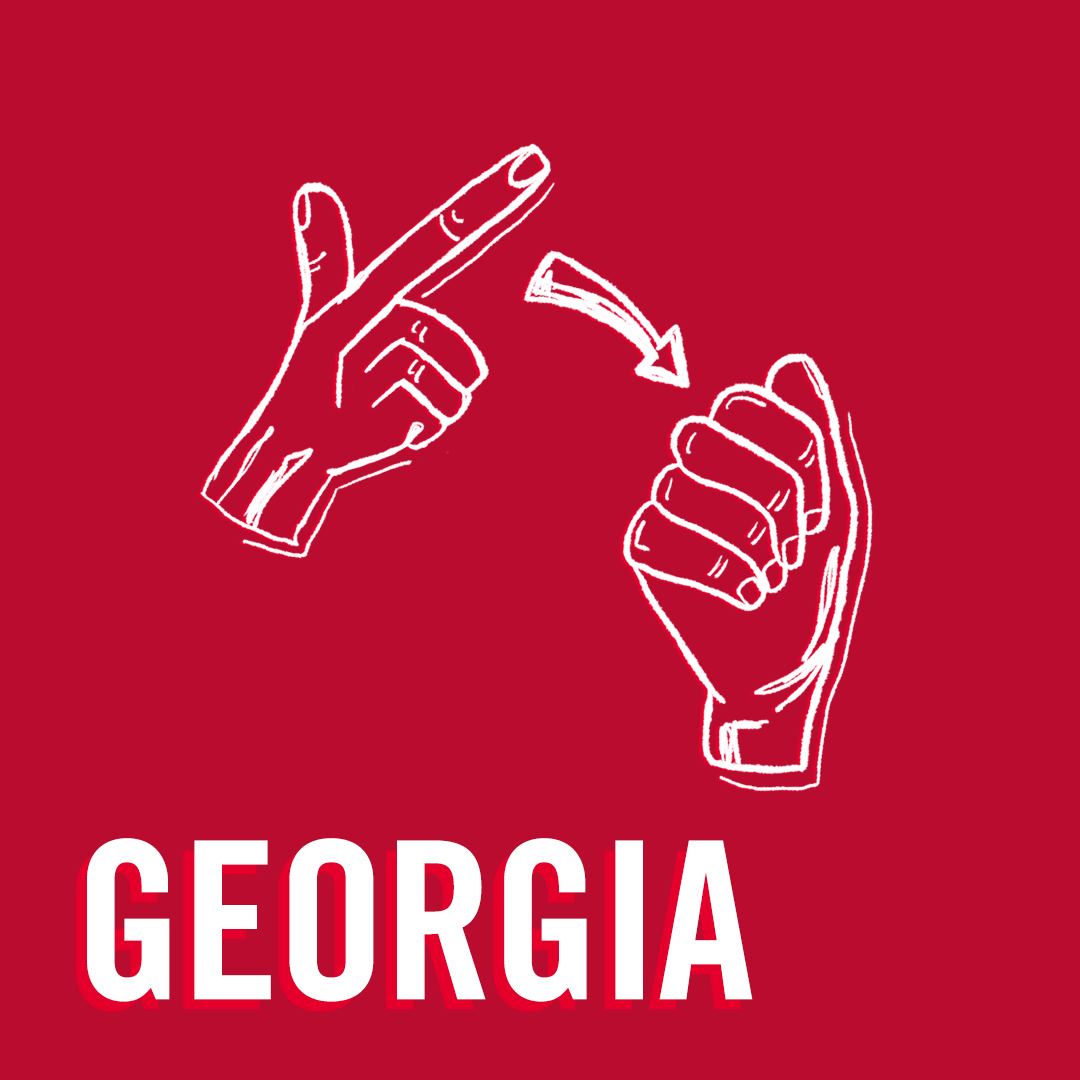
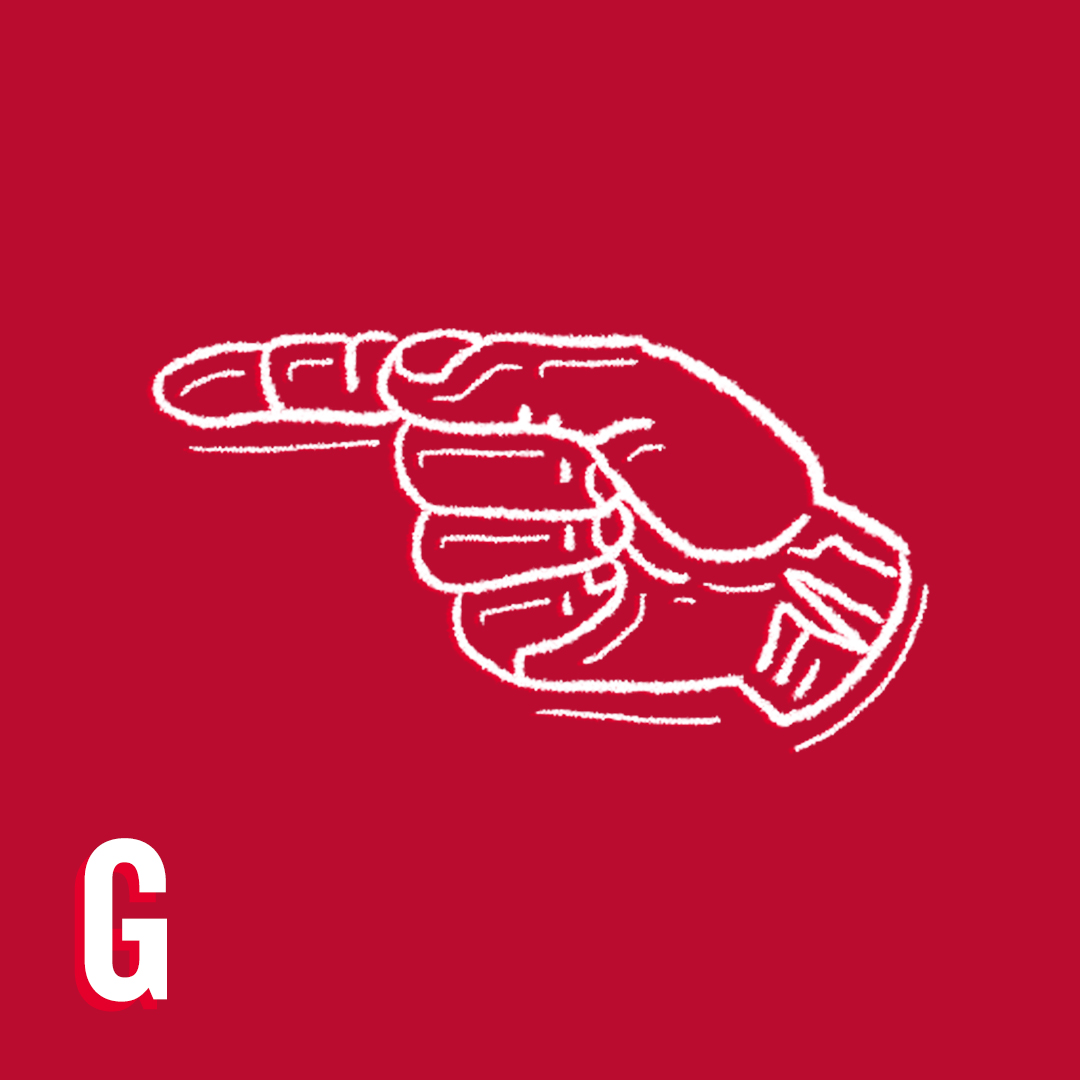
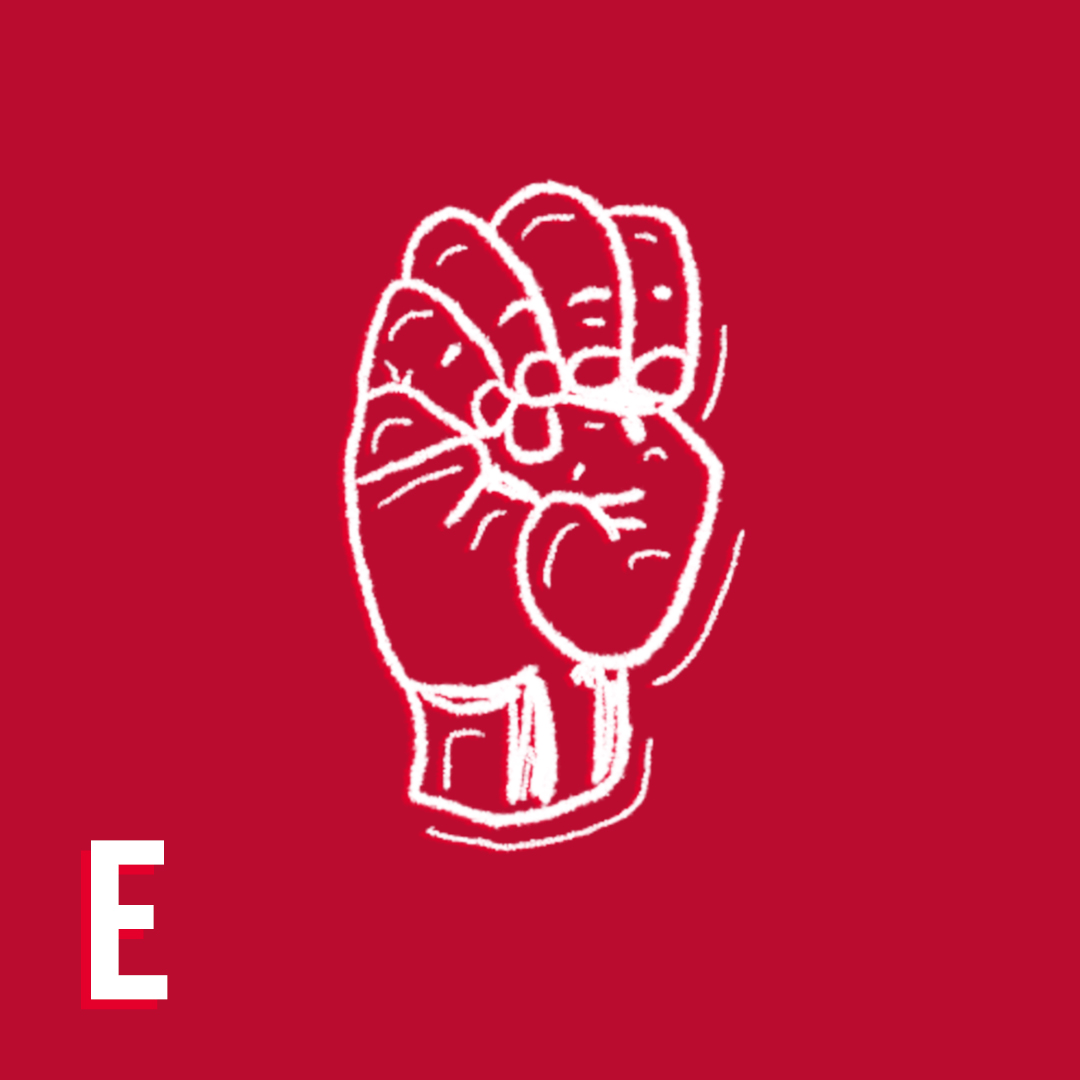
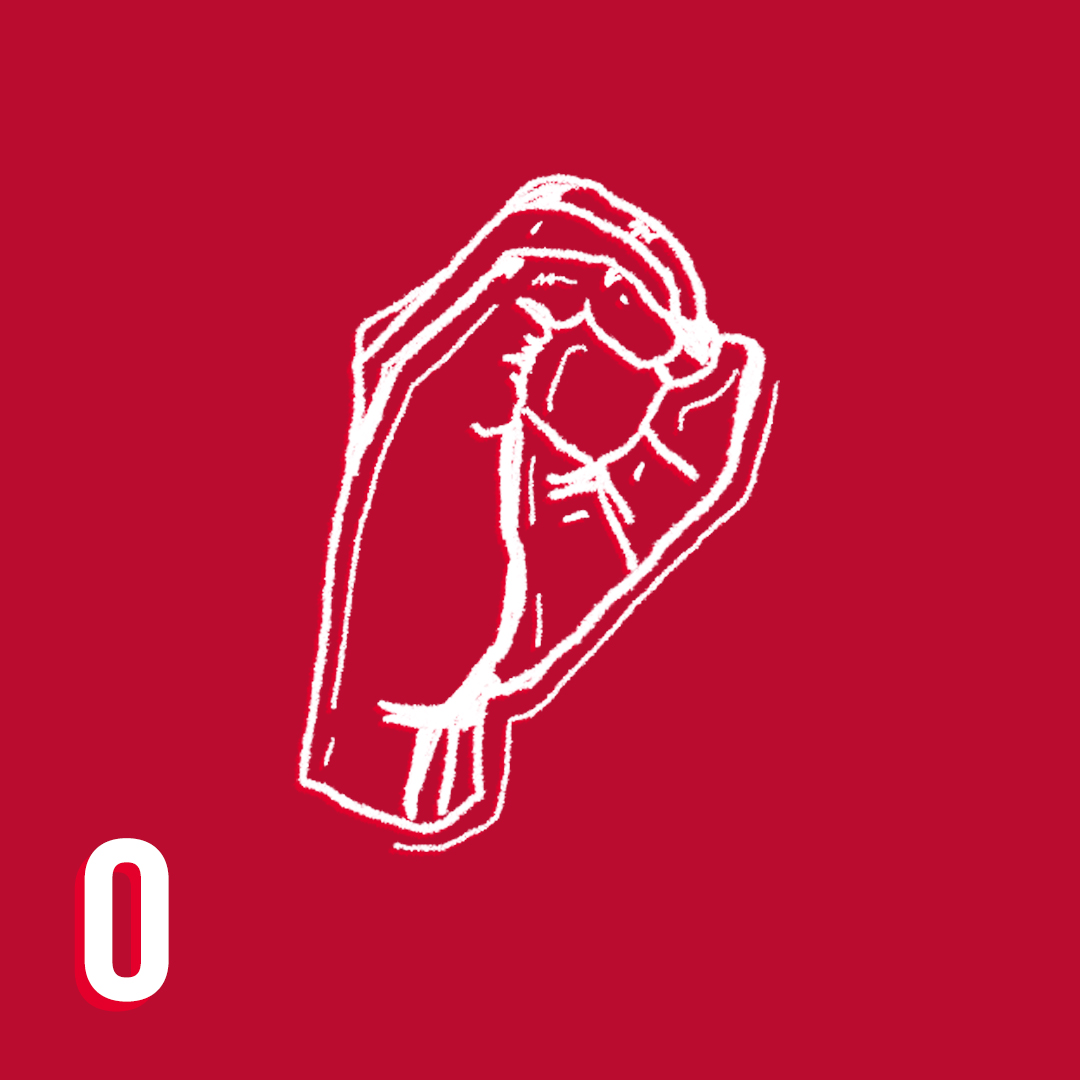
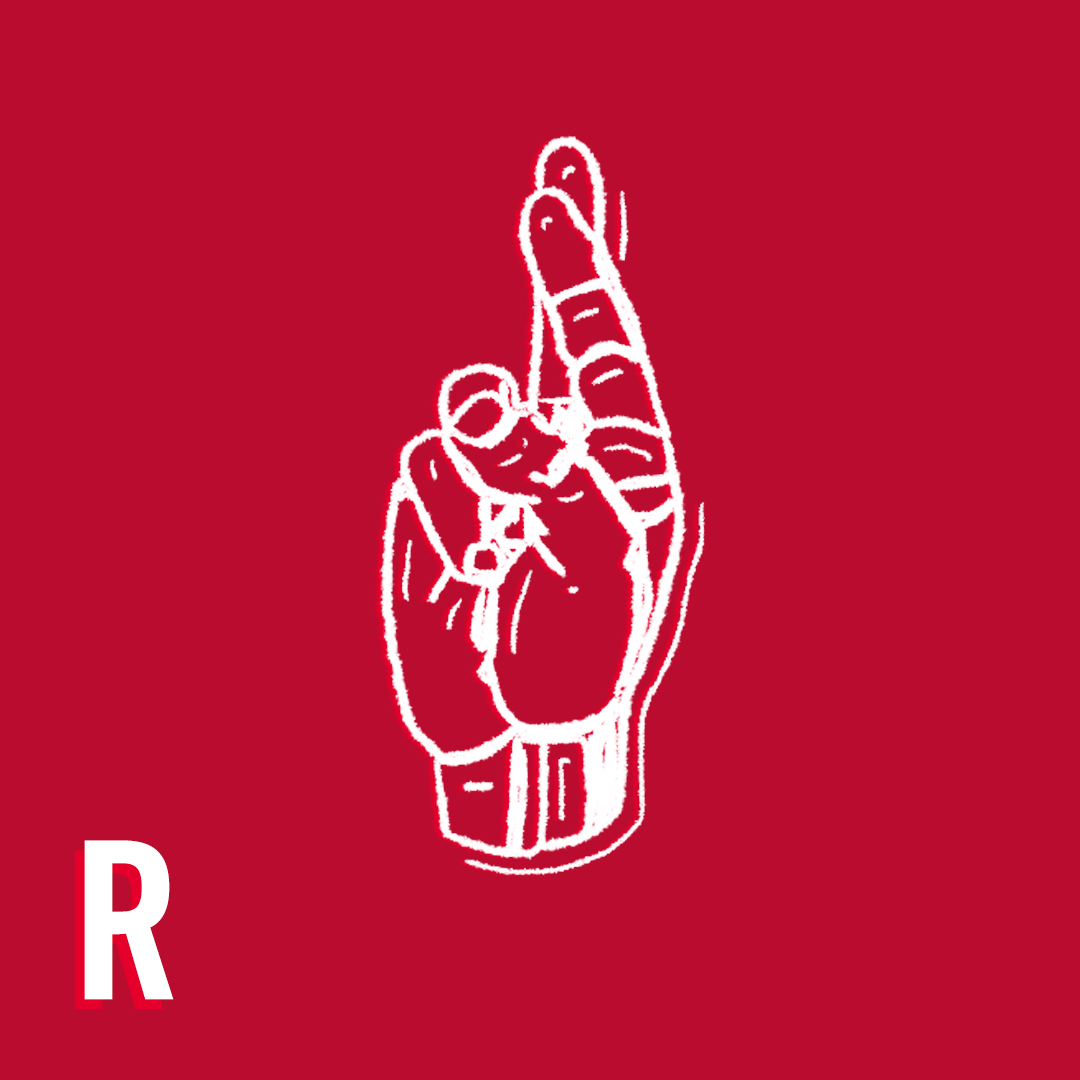
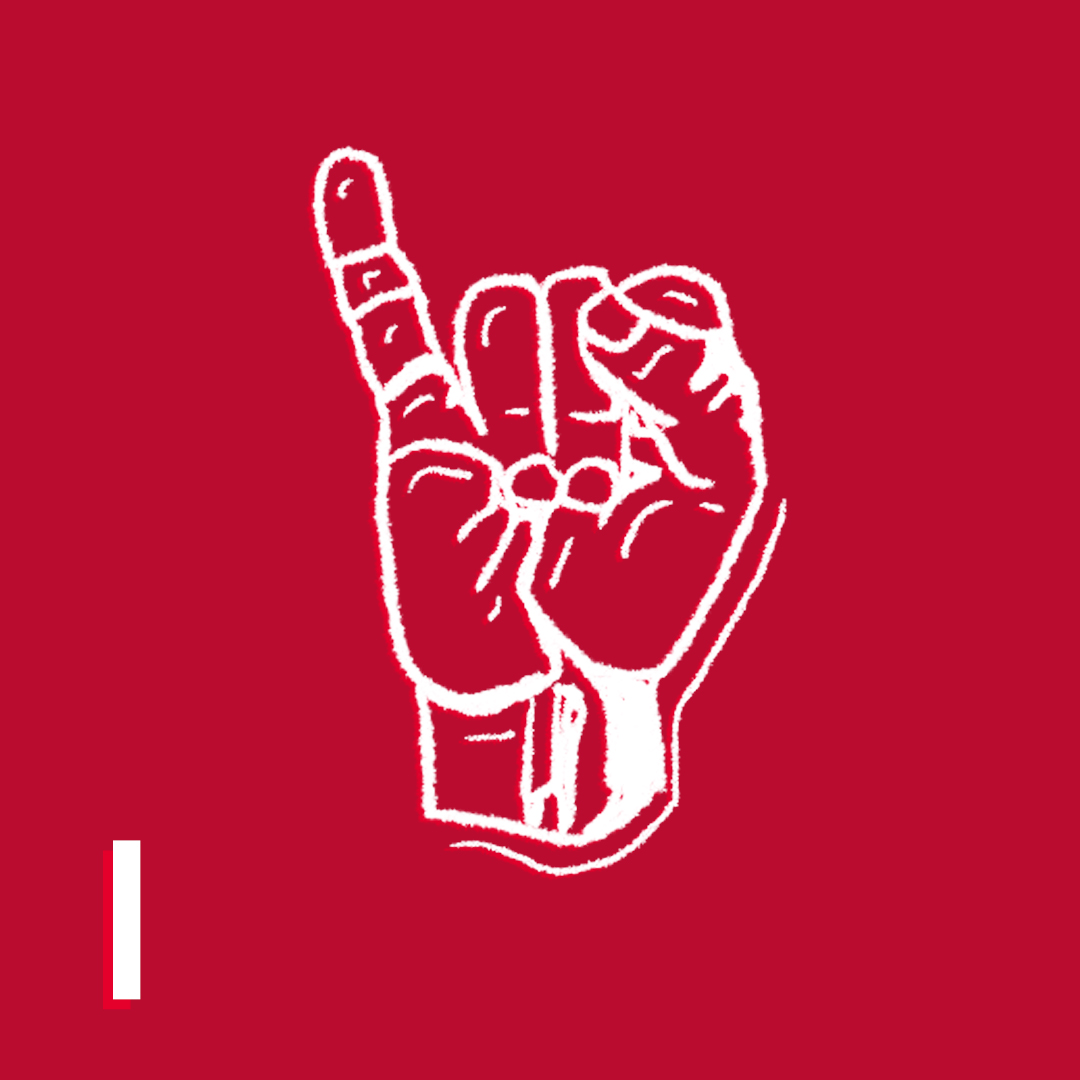
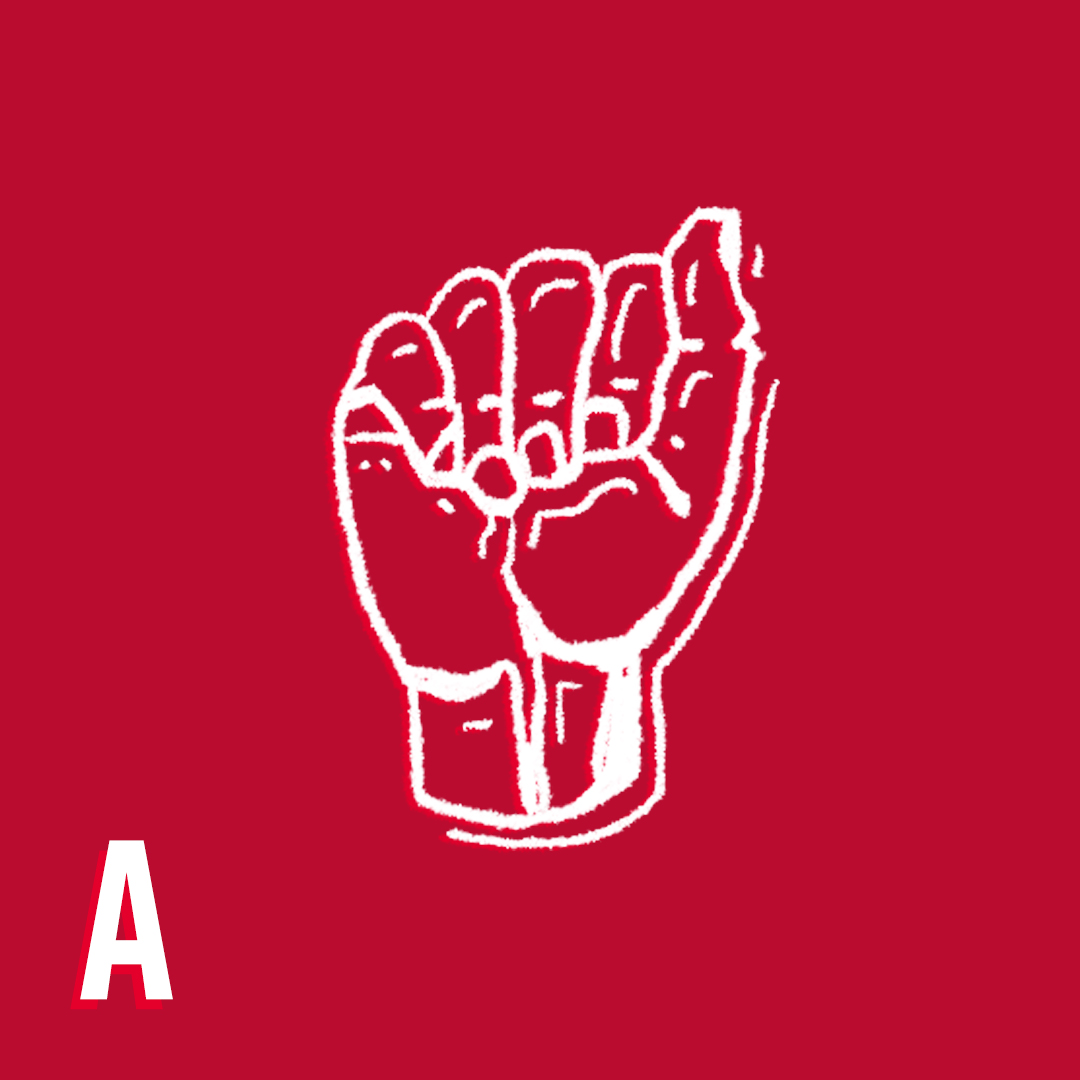
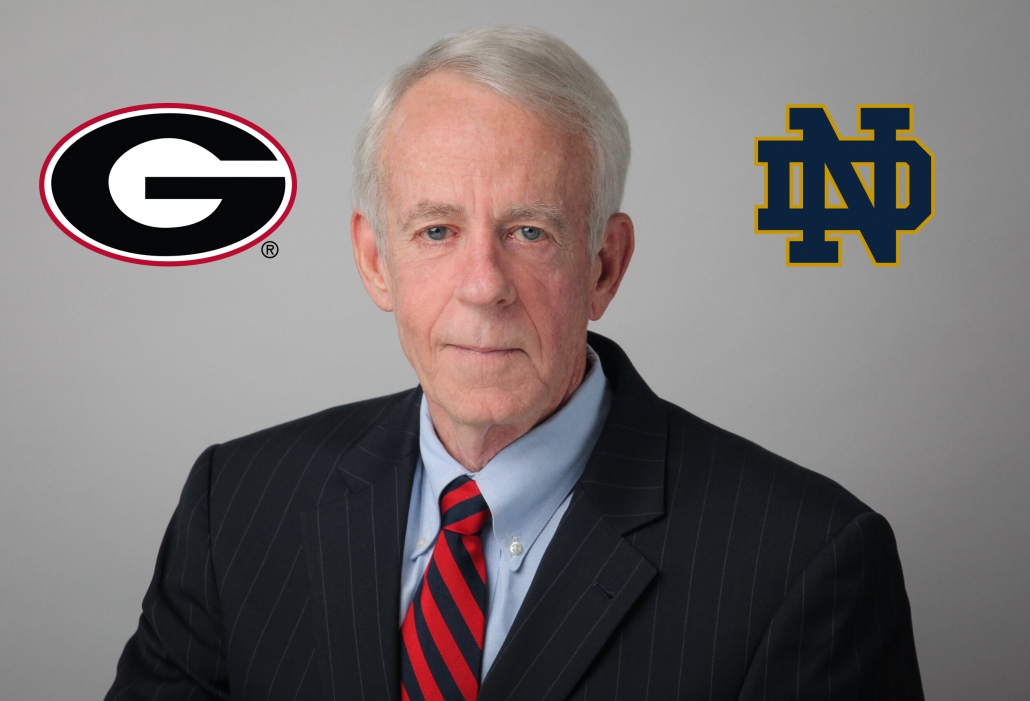
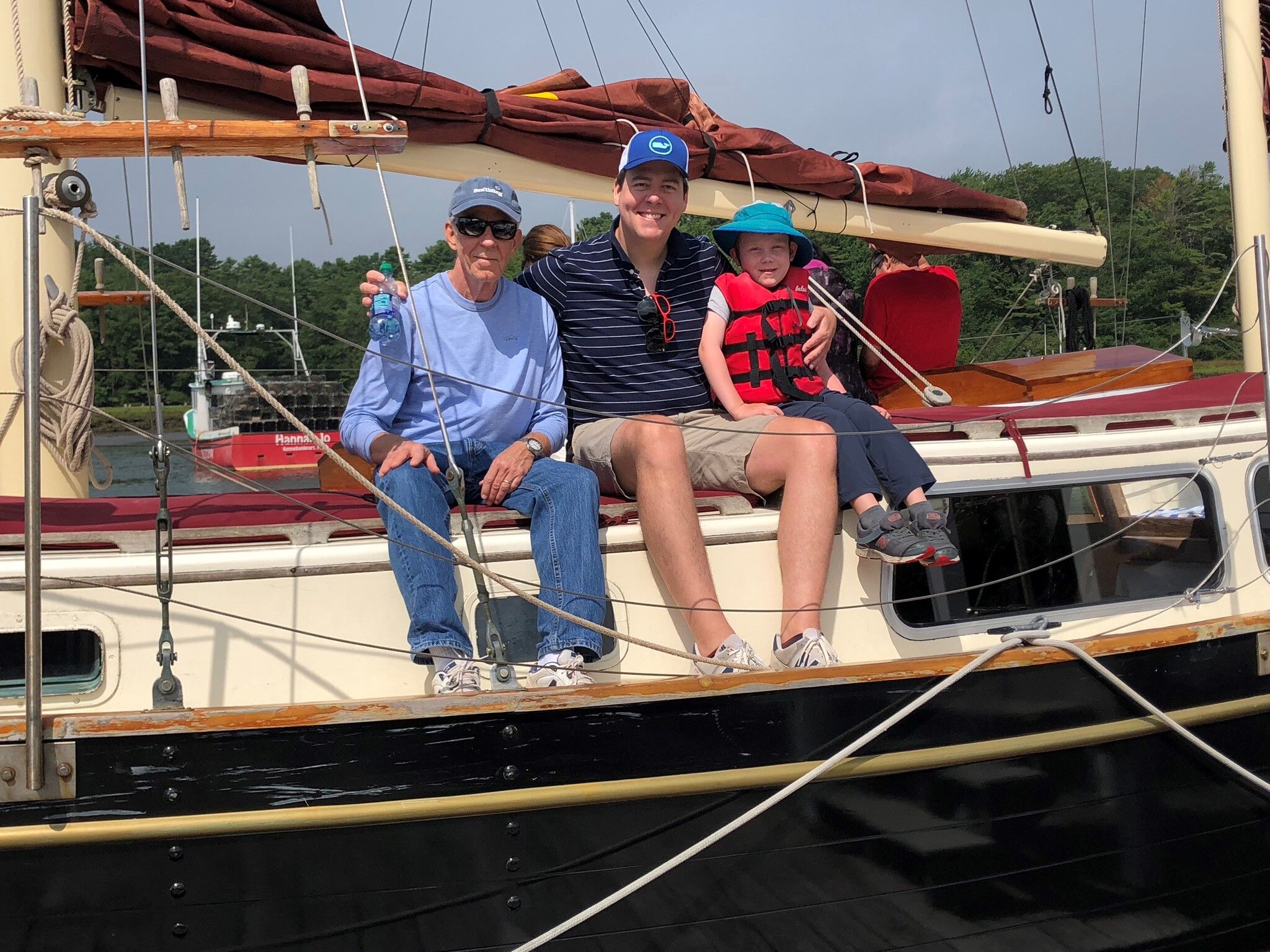
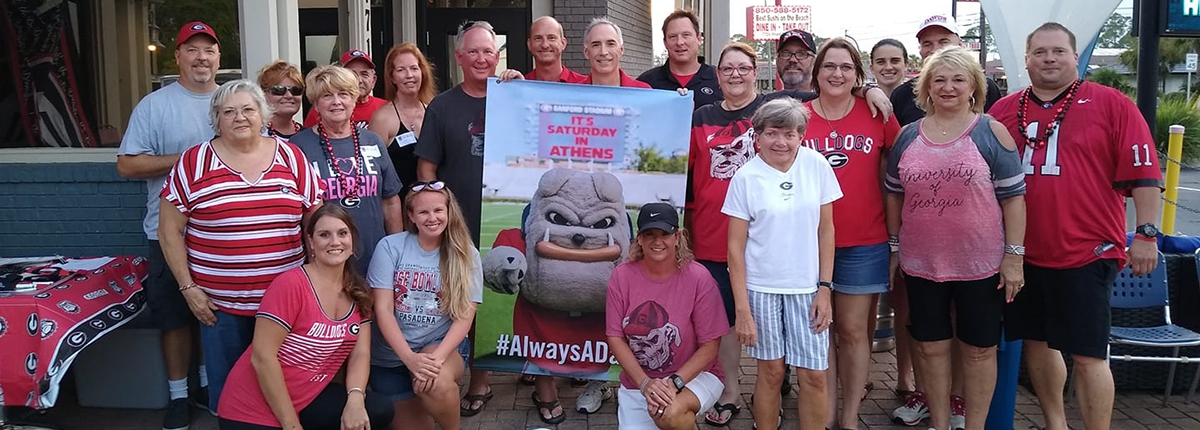
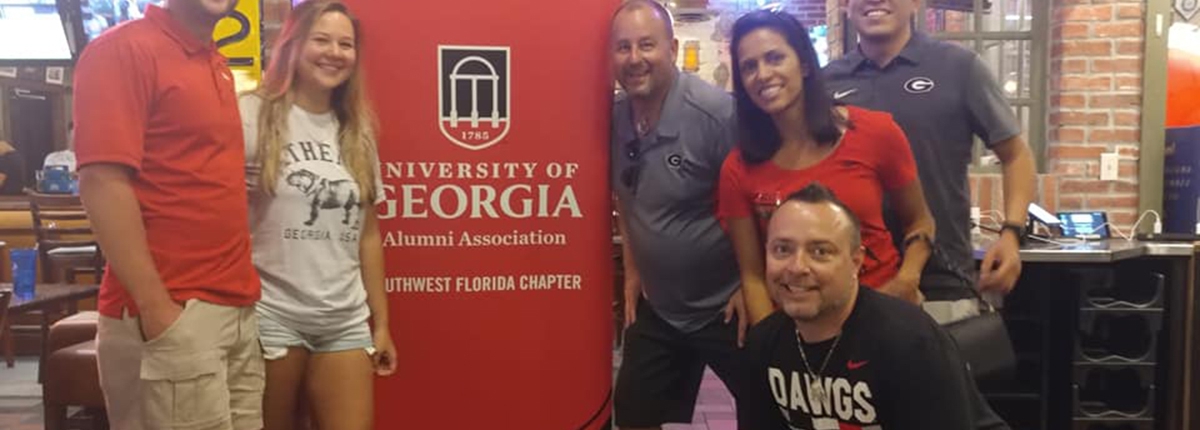
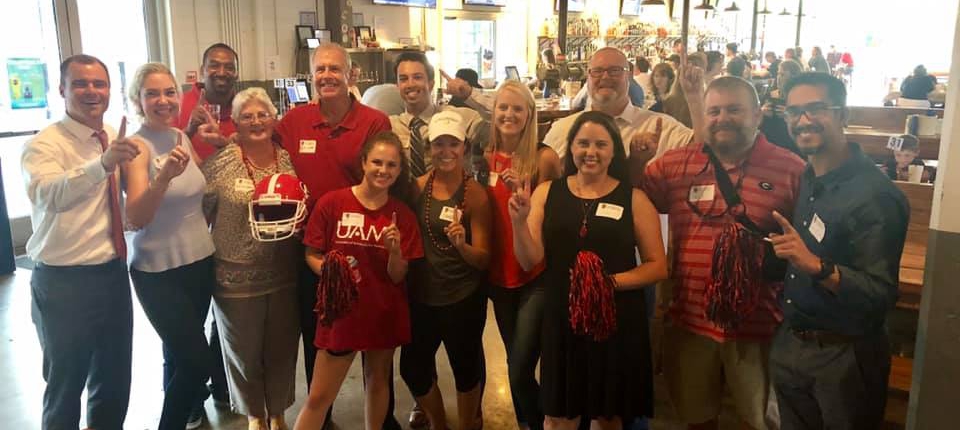
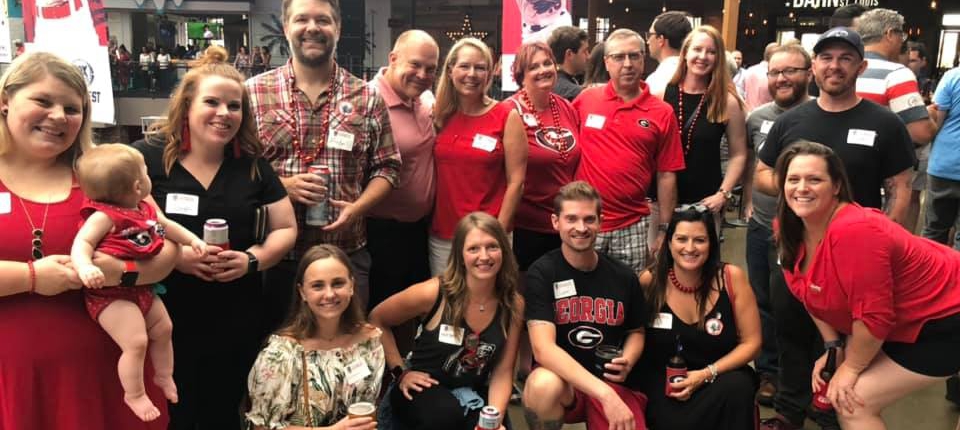
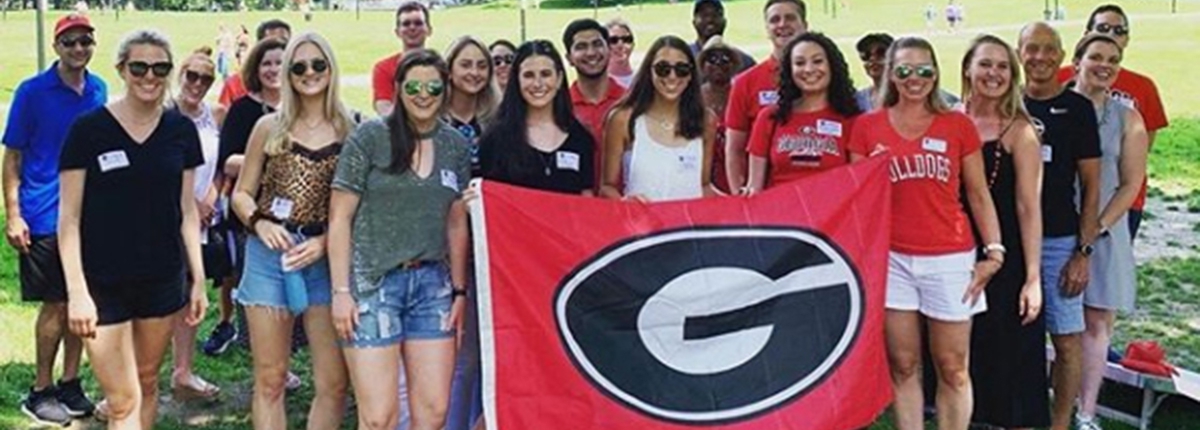
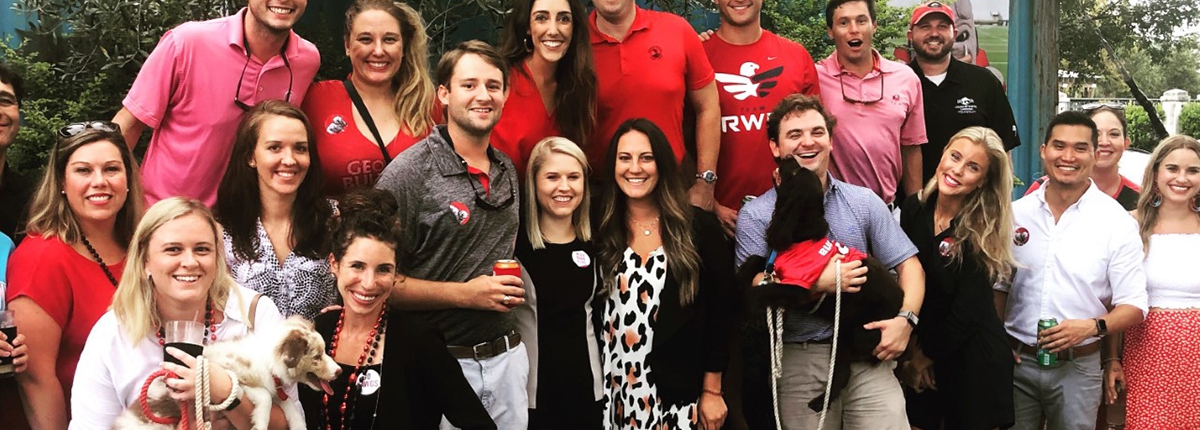
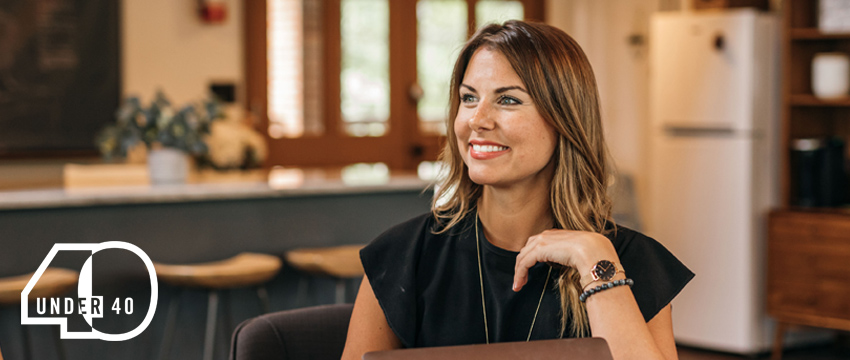
 What has been your career path since graduating from UGA?
What has been your career path since graduating from UGA? How do you stay prepared to travel and break a story?
How do you stay prepared to travel and break a story? Do you have any other favorite UGA memories?
Do you have any other favorite UGA memories?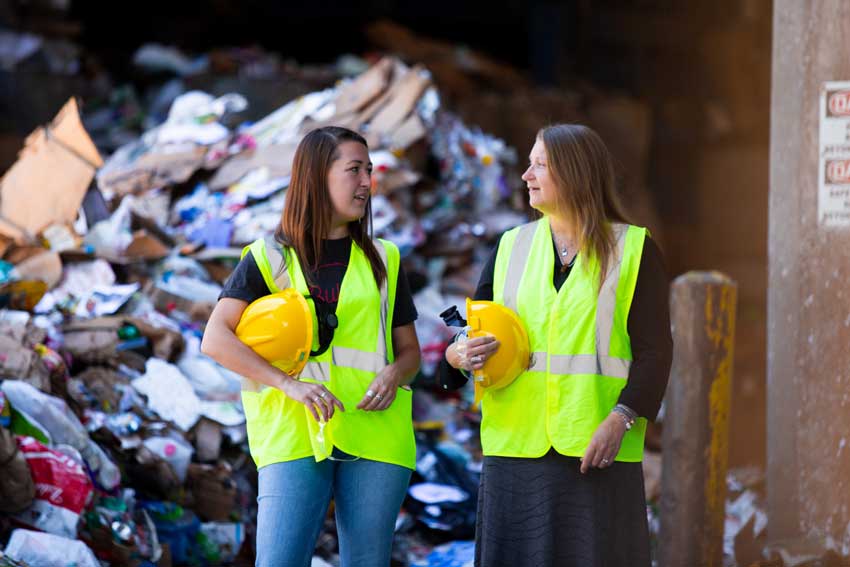
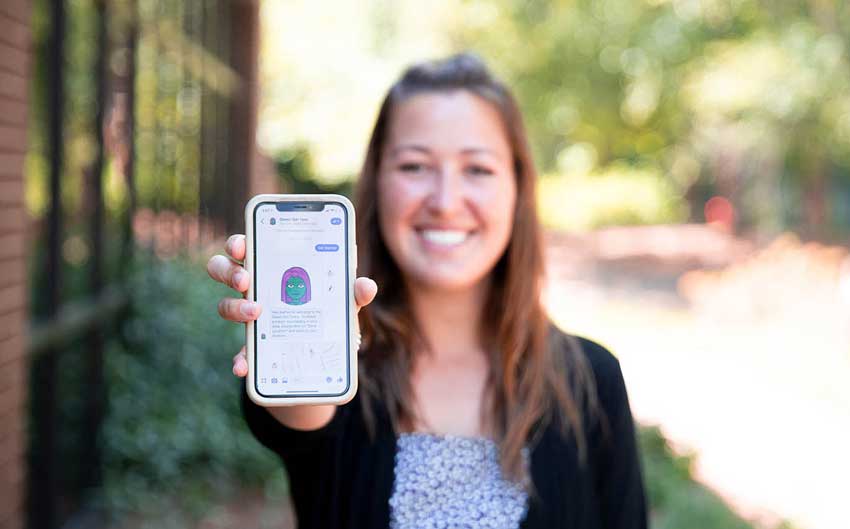
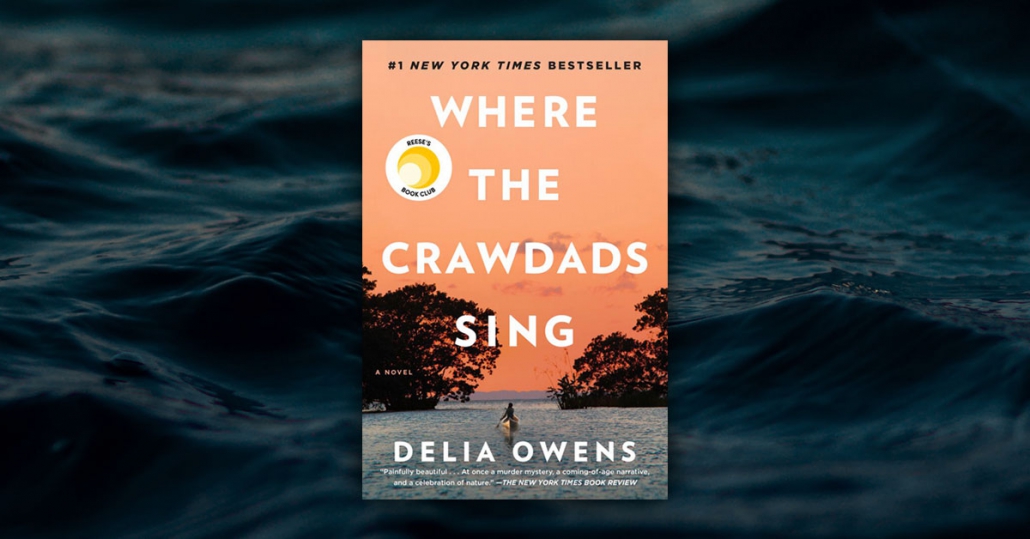
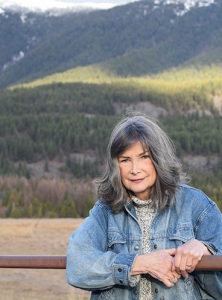 Owens’s debut novel,
Owens’s debut novel, 